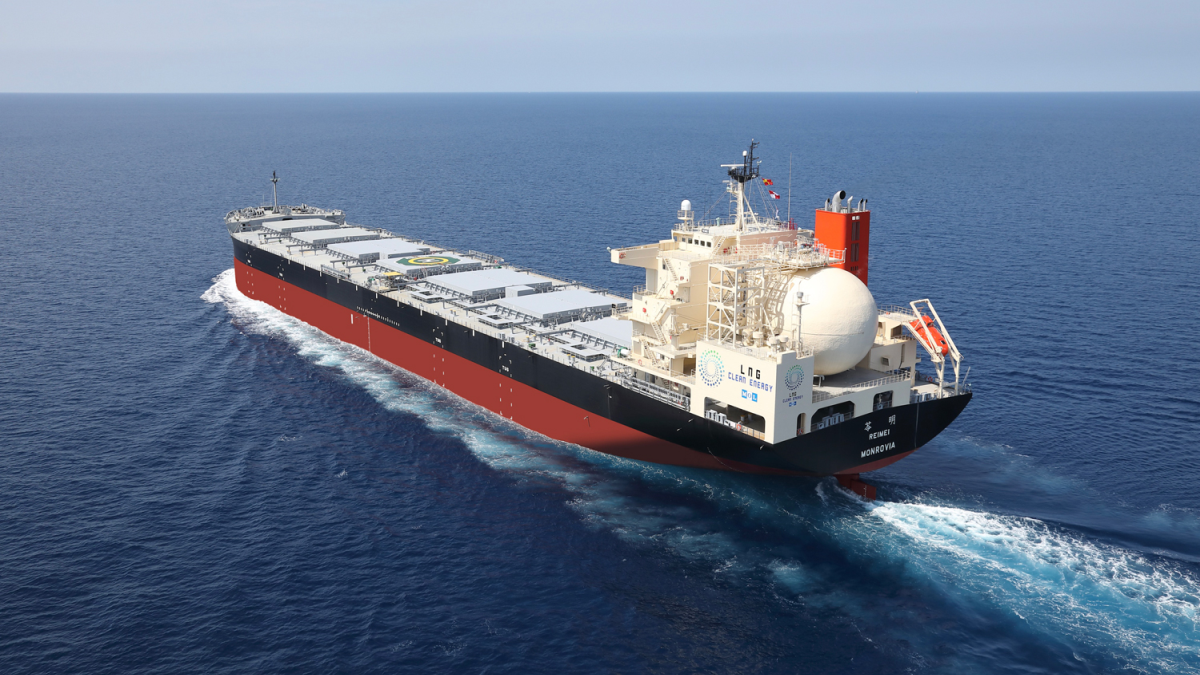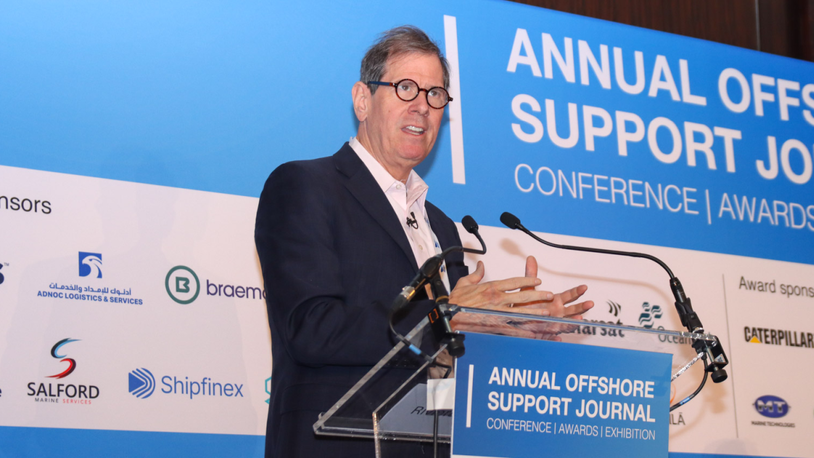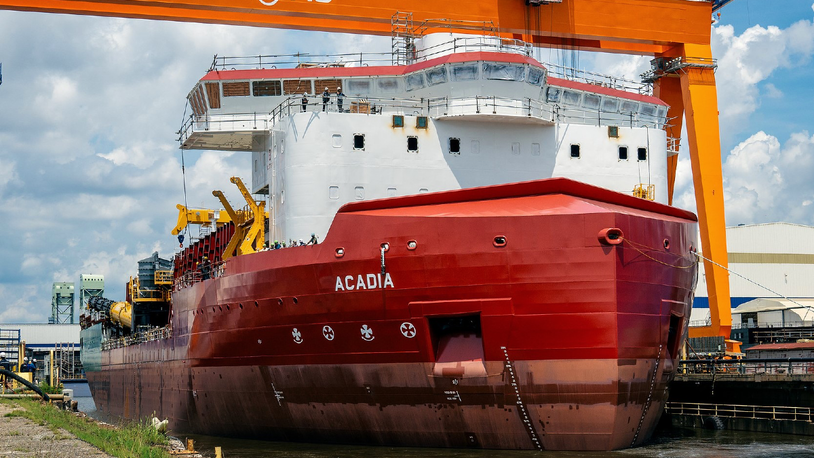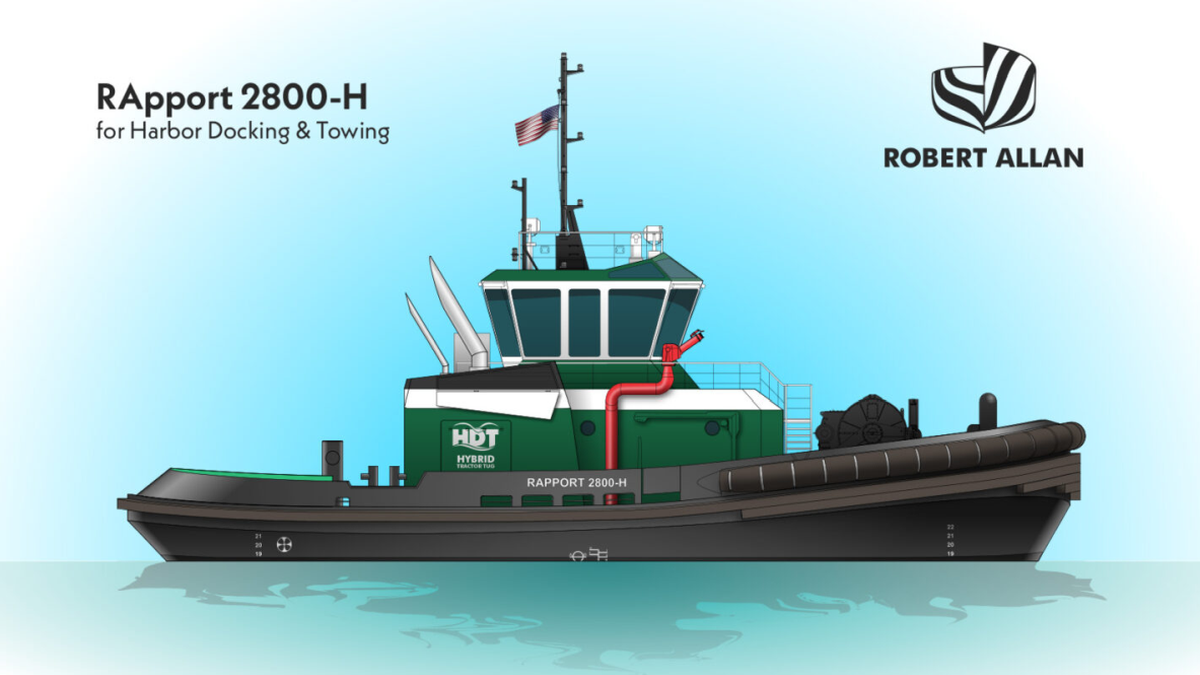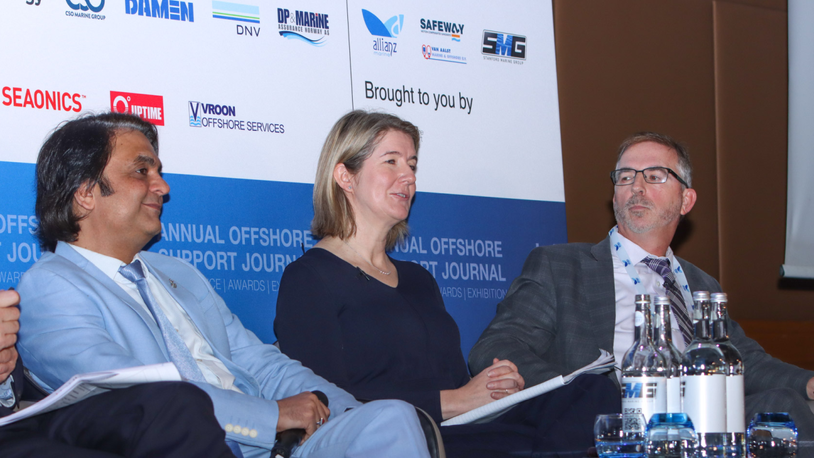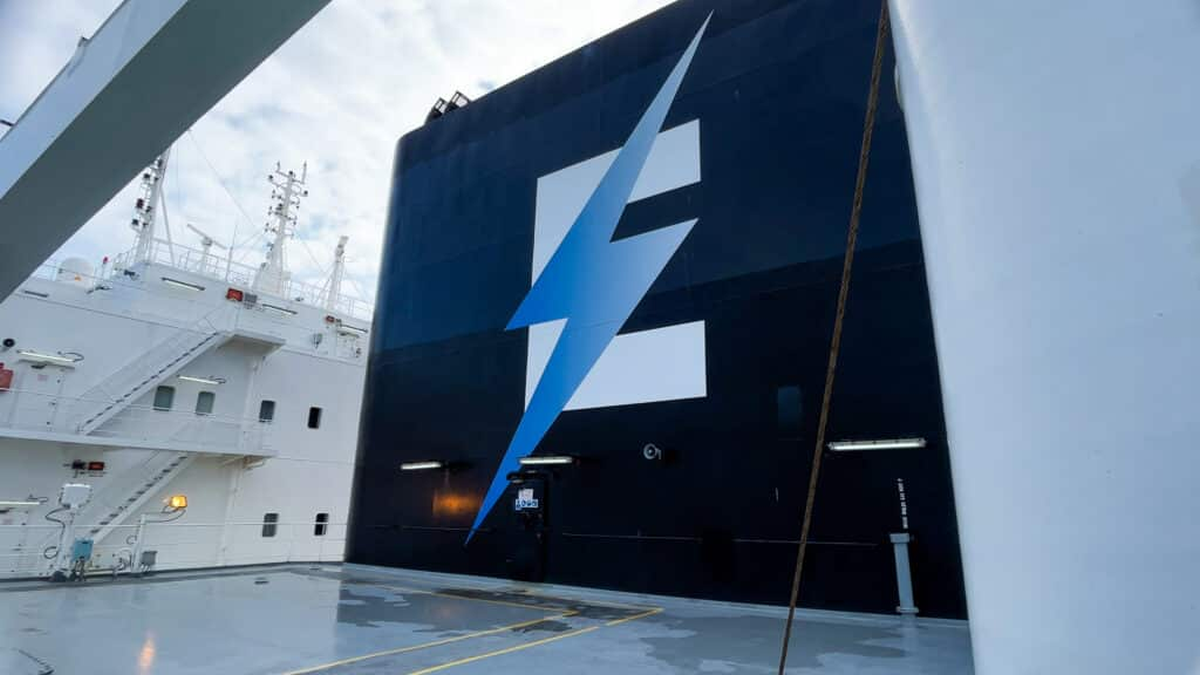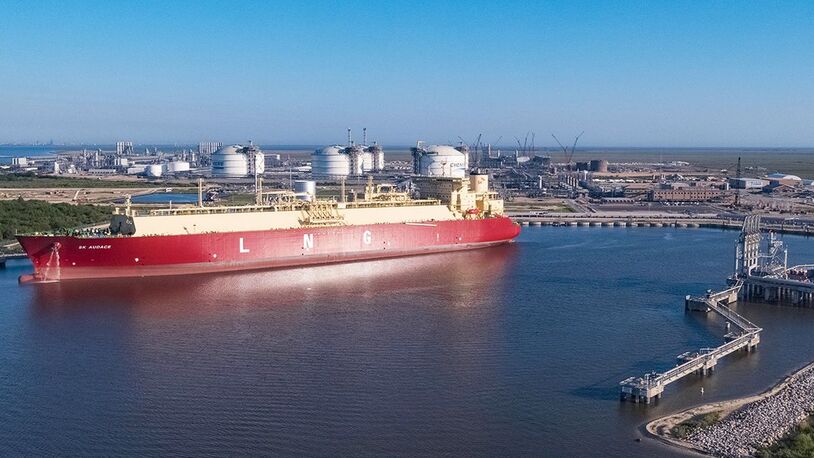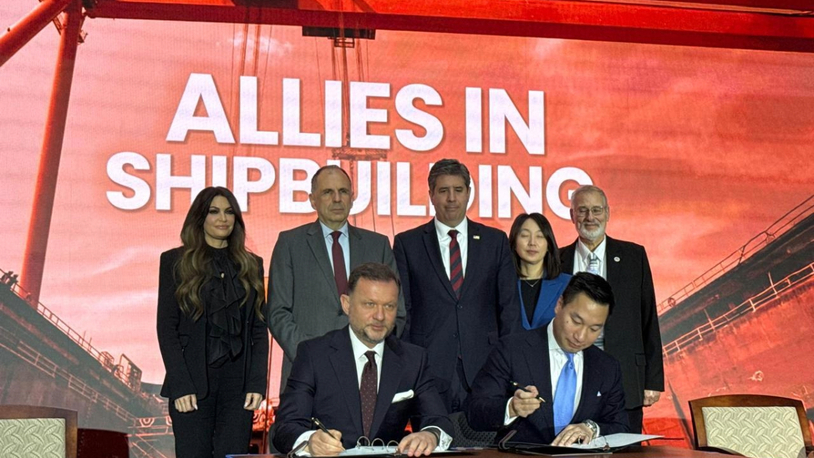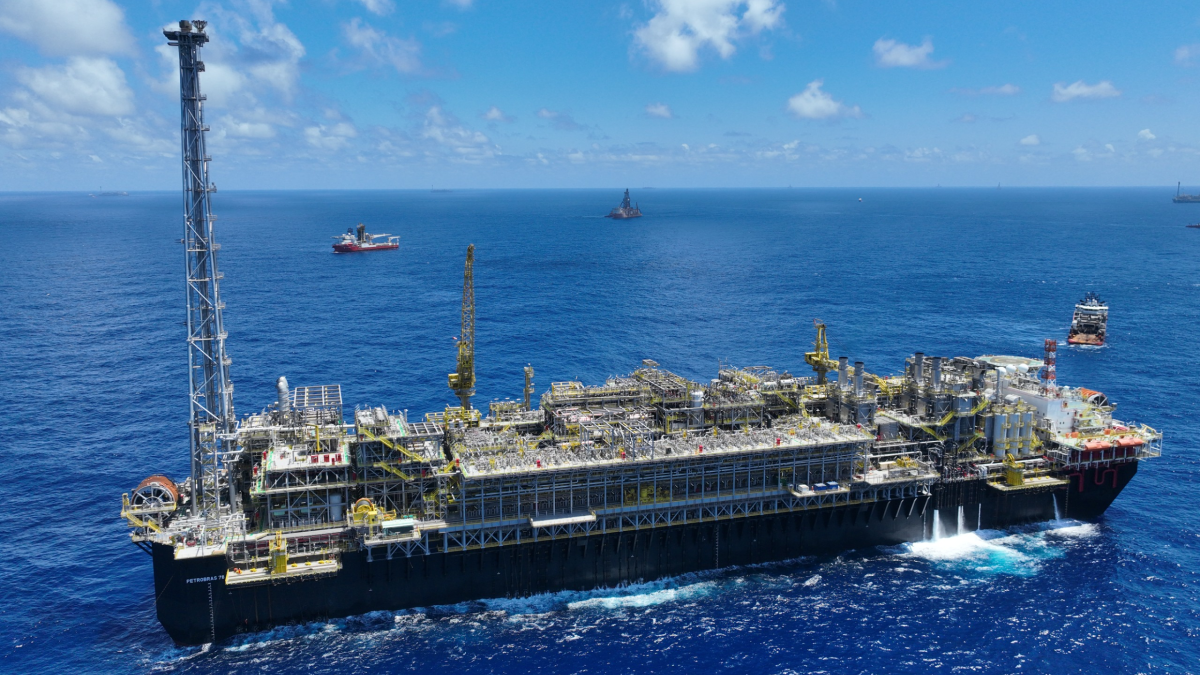Business Sectors
Events
Contents
MOL claims 98% cuts to methane slip in real-world ship engine trials
Japanese consortium led by major shipowner targets 2027 for implementation, says sea trials using aftertreatment to lower methane slip will continue through much of 2026
Mitsui OSK Lines (MOL), Yanmar Power Solutions and Kanadevia Corp said they have managed to reduce the escape of unburned methane from a dual-fuel engine running on liquefied natural gas (LNG) by 98%.
The consortium is running a five-year initiative with support from Japan’s Green Innovation Fund and led by the New Energy and Industrial Technology Development Organization (NEDO). The project, Development of Methane Slip Reduction Technology for LNG-Fueled Vessels through Catalyst and Engine Improvements, is funded from 2021 through the end of the fiscal year in 2026.
"As part of the project, full-scale demonstration trials began in May 2025 on routes including [sailings] between Japan and Australia, achieving a methane slip reduction rate of 98%, far exceeding the target of 70%," the consortium reported.
The group said its trials combined methane oxidation catalysts with engine improvements but did not provide specifics. The goal for the project is to be the first in the world to implement the specific combination of methane slip reduction technology improvements and catalysts on board commercial vessels operating in the maritime sector.
The project had targeted a 70% reduction of the intense short-term climate warming fossil fuel methane that makes up most of LNG fuel and has 80-100 times the warming effect on the atmosphere of carbon dioxide over a 20-year timespan.
Prior to its most recent results at sea, the project said it has obtained certification from Japanese classification society ClassNK verifying the achievement of approximately 94% methane slip reduction rate, at 100% engine load, in land-based trials.
Based on these results, the three companies modified the land-based test equipment for onboard use and, starting in May 2025, began full-scale demonstration trials using LNG-fuelled large coal carrier Reimei, operated by MOL.
"In onboard trials, engines are operated under actual operating conditions, subject to constantly changing environmental factors in the engine room as well as fluctuations in load rate due to weather conditions. Even under these conditions, the system achieved a high reduction rate of 98% at the practical operating range (75% load), surpassing the land-based trial results," the companies said.
The consortium said its onboard trials will continue through the end of 2026 to evaluate overall system performance and catalyst durability, with the aim of implementation from 2027.
Riviera’s LNG Shipping & Terminals Conference will be held in London on 21-22 October 2025. Use this link to register your interest and attend the event.
Related to this Story
Events
Maritime Regulations Webinar Week
Floating energy: successfully unlocking stranded gas using FLNGs and FSRUs
© 2024 Riviera Maritime Media Ltd.

